Indonesia Colombia Brazilian green coffee beans grading Indonesia coffee defective beans have what?
There is no universal grading standard for raw coffee beans-in fact, almost every country has its own grading criteria. For example, Costa Rican coffee is graded according to altitude, and coffee is divided into very hard beans (SHB), hard beans (HB), semi-hard beans (SH), super water-washed beans (EPW), high-grade water-washed beans (PW), super-good water-washed beans (EGW), and good water-washed beans (GW). Colombian coffee and Guatemalan coffee are also graded according to the number of items, UGQ (1.5%): the full name of UGQ is Usual Good Quality (usually high quality). The size of raw beans is more than 14 mesh, 1.5% of raw beans can be allowed between 12 mesh and 14 mesh, but it must be more than 12 mesh, and more than 50% of them are more than 15 mesh. EP: the full name of EP is European Preparation (European customization). The size of raw beans is more than 15 mesh, and 10% of raw beans are allowed to be less than 15 mesh, but must be more than 14 mesh. The grading of Brazilian coffee will be more complicated. Flavor grades: from high to low, Strictly Soft is very supple, Soft is very supple, Softish is a little supple, Hardish is not palatable, Rioy iodine choking taste. Classification of defect rate: according to the number of defective beans, 6 defective beans are NY.2 for every 300g raw beans. Completely flawless beans can become NY.1, while completely flawless beans are rare and unable to maintain a certain supply, so among the raw beans in Brazil, the best is NY.2. Cup test quality classification: from high to low, Fine Cup, Fine, Good Cup, Fair Cup, Poor Cup, Bad Cup. FC (Fine Cup) and GC (Good Cup) are more common. Supremo (5%): the size of raw beans is more than 17 mesh. 5% raw beans are allowed to be less than 17 mesh, but must be more than 14 mesh.
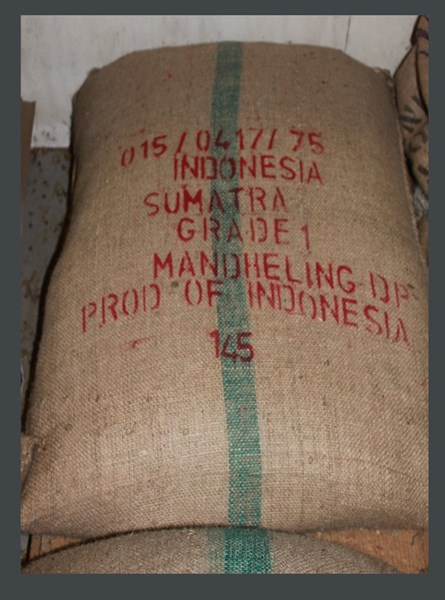
Grading can also be an unreliable measure of quality; sometimes the grade of coffee is higher than it should be, and sometimes it is lowered to avoid tariffs. Grading in Sumatra is based on cup quality, not appearance, so you may see a grade 1 Sumatran coffee with up to 8% defects. Cup test is a very good way to taste coffee, by soaking the coffee powder in a separate cup to obtain a discrete amount of coffee powder to fully show its good flavor and defects.
Appearance: refers to the number of defects in a certain type of coffee. Generally, the appearance is listed below the specification of each coffee review. Although the ratings on appearance are a bit confusing, the numbers represent the main flaw in coffee, which is the taste problem found in the cup testing process. Bad seeds in green coffee samples are called defects and are graded according to more aspects of "professional" coffee.
Defect: specific preparation refers to the dry grinding steps of preparing coffee for export: shelling, grading, grading, sorting. Preparation refers to the dry grinding steps of preparing coffee for export: peeling, grading, sorting. Sorting means more problems with the use of a density separator to produce coffee, or flavor problems found during cup testing. Bad seeds in raw coffee samples are called defects and are graded according to the coffee. Roasting problems sometimes produce defective flavors, as well as poor classification, and coffee is classified according to size, density and color when ready for export.
The criteria for the classification of Indonesian coffee (such as Manning Coffee) are shown below for those who are interested.
Source: AICE (Indonesian Coffee exporters Association)
Indonesian Arabica coffee has not been screened.
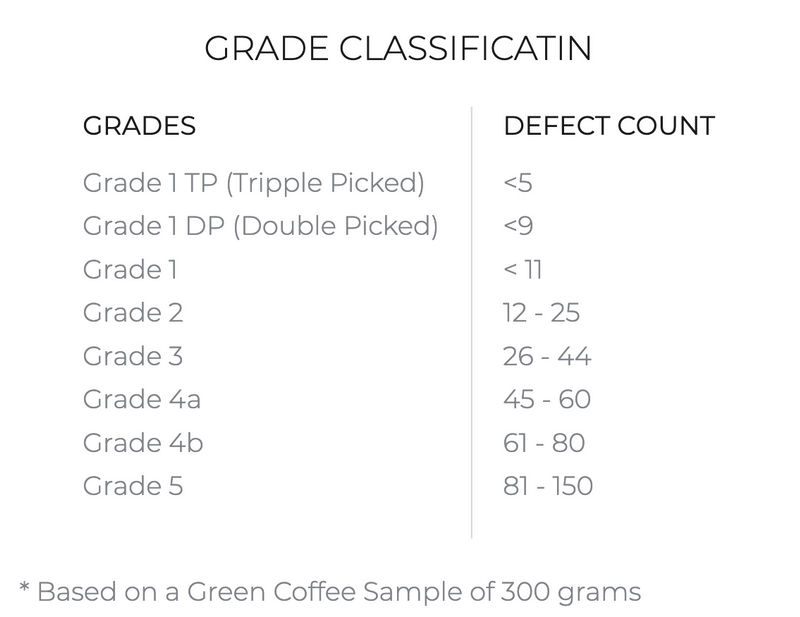
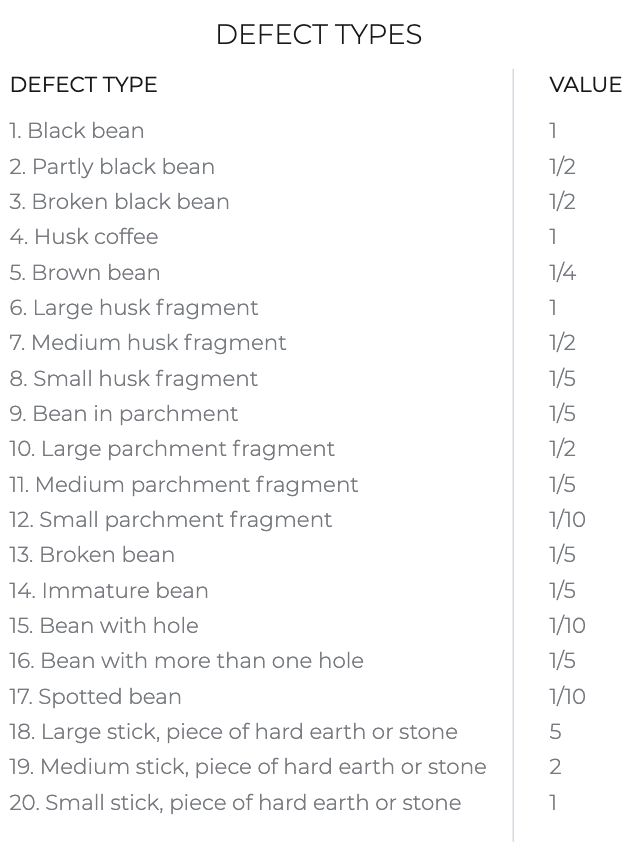
Important Notice :
前街咖啡 FrontStreet Coffee has moved to new addredd:
FrontStreet Coffee Address: 315,Donghua East Road,GuangZhou
Tel:020 38364473
- Prev
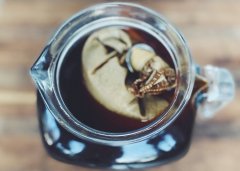
Are Manning coffee beans suitable for cold extraction? How long can the cold-extracted coffee powder be preserved than how to make it?
Generally speaking, when making cold coffee, the barista will recommend that you'd better use medium and shallow roasted coffee beans. The reason is simply that cold-extracted coffee and brewed coffee require different roasting degrees. Lighter baking tends to highlight the sour taste, so cold extraction softens this feature. So is Manning suitable for cold extraction? Medium-deep baking will bring nuts in the process of cold extraction.
- Next
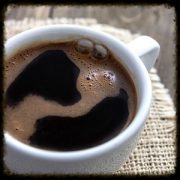
Mantening coffee the correct brewing method authentic Indonesian coffee should be how to drink it can be added milk?
How should I drink my coffee? There are often customers who say they can't understand the flavor of Mantenin, complain about the mellow flavor of Manning coffee, and bitter chocolate has the taste of some herbs. Then Qianjie will show you how traditional Indonesians drink coffee since it was first introduced in the 17th and 18th centuries.
Related
- Detailed explanation of Jadeite planting Land in Panamanian Jadeite Manor introduction to the grading system of Jadeite competitive bidding, Red bid, Green bid and Rose Summer
- Story of Coffee planting in Brenka region of Costa Rica Stonehenge Manor anaerobic heavy honey treatment of flavor mouth
- What's on the barrel of Blue Mountain Coffee beans?
- Can American coffee also pull flowers? How to use hot American style to pull out a good-looking pattern?
- Can you make a cold extract with coffee beans? What is the right proportion for cold-extracted coffee formula?
- Indonesian PWN Gold Mandrine Coffee Origin Features Flavor How to Chong? Mandolin coffee is American.
- A brief introduction to the flavor characteristics of Brazilian yellow bourbon coffee beans
- What is the effect of different water quality on the flavor of cold-extracted coffee? What kind of water is best for brewing coffee?
- Why do you think of Rose Summer whenever you mention Panamanian coffee?
- Introduction to the characteristics of authentic blue mountain coffee bean producing areas? What is the CIB Coffee Authority in Jamaica?

